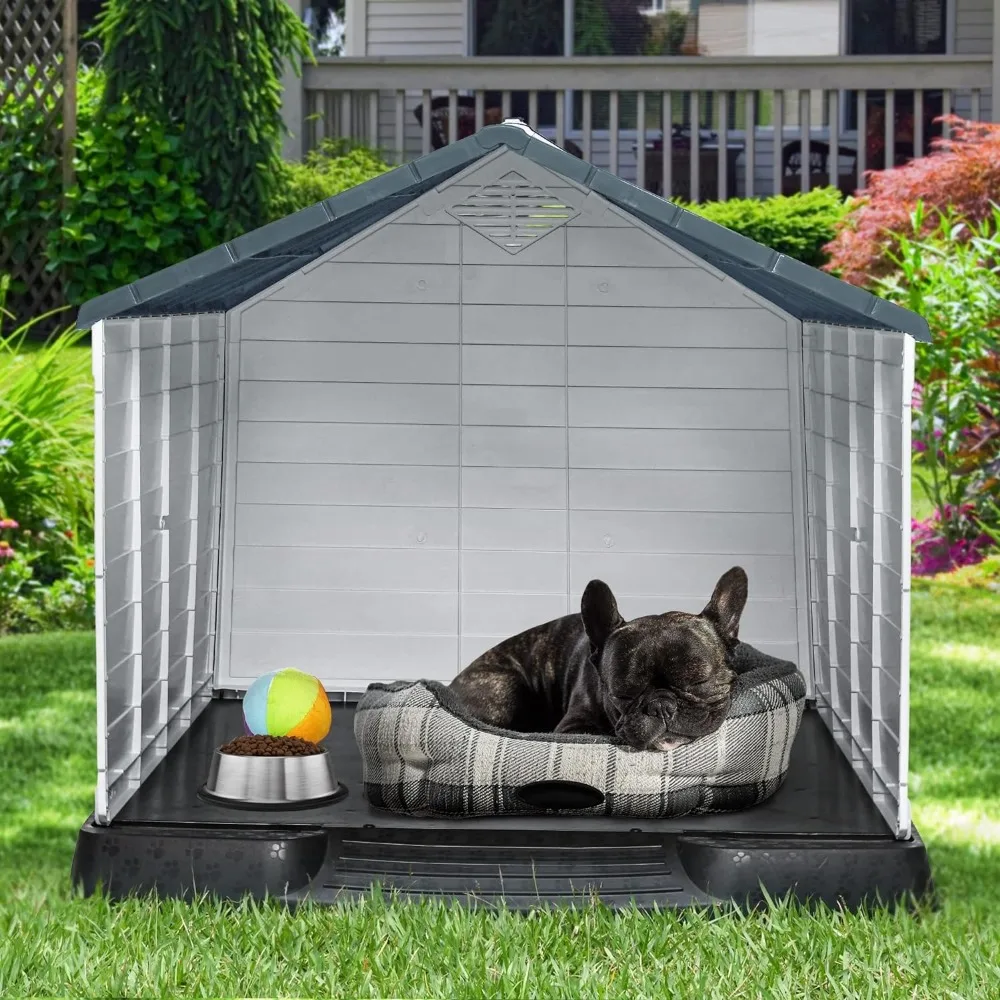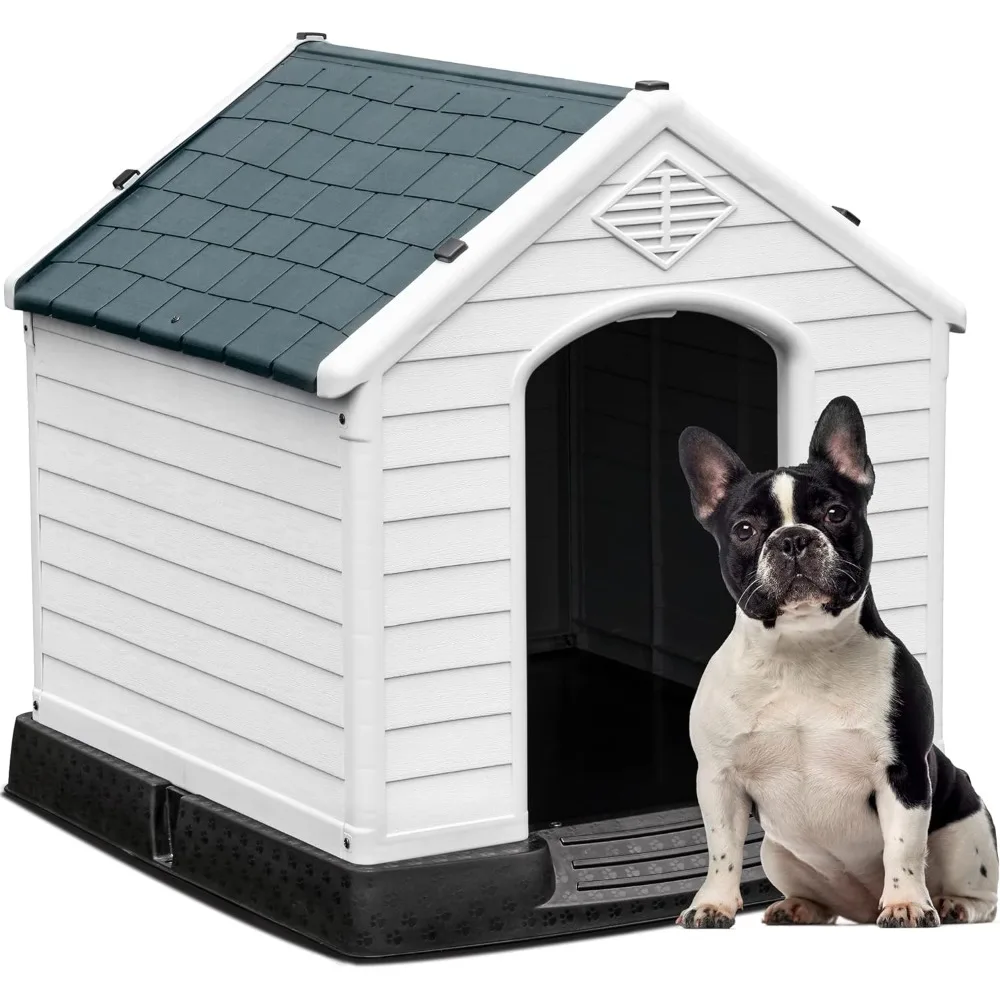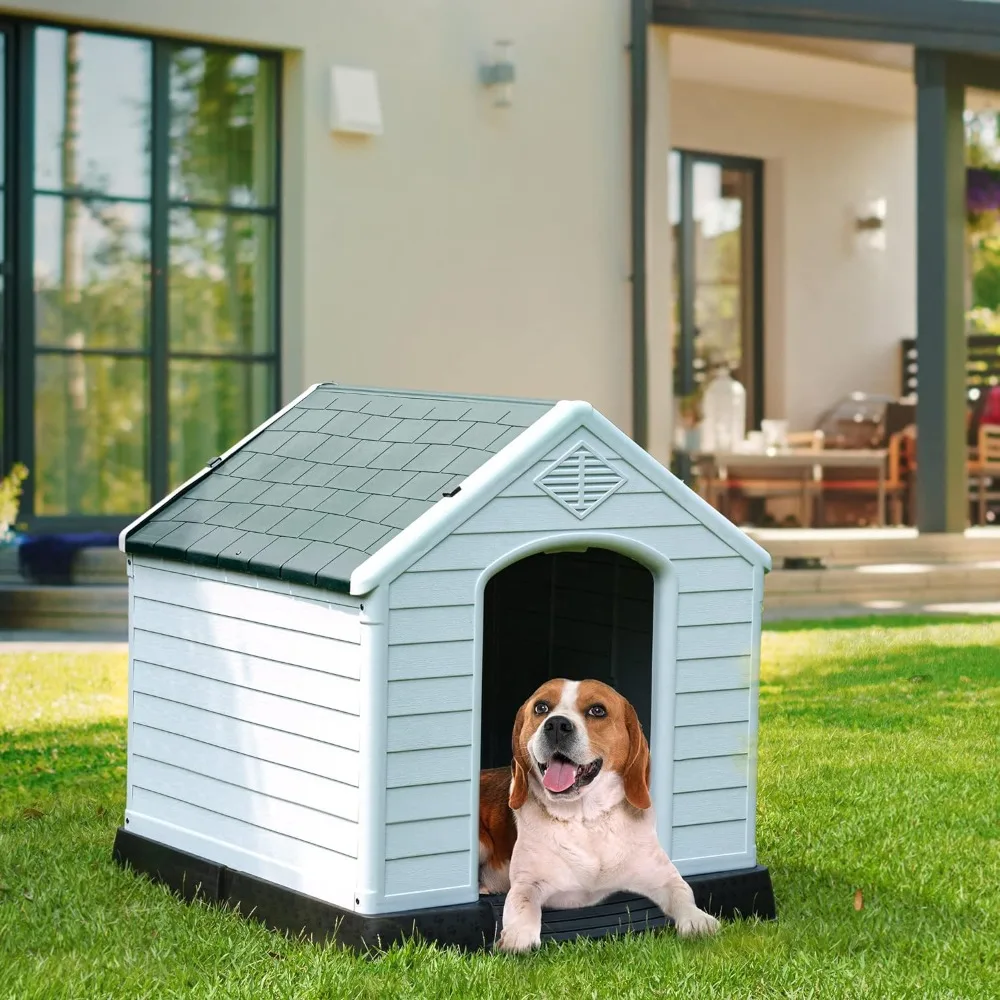
What is the Incubation Period?
The incubation period is the time between exposure to an infection and the onset of symptoms. For kennel cough, this period typically lasts from two to fourteen days. Most dogs show symptoms about five to seven days after exposure. However, some dogs may develop symptoms outside of this window. Knowing the incubation period helps in identifying whether a dog might be sick.
How Kennel Cough Spreads
Kennel cough is caused by a combination of factors. The primary culprits are infectious agents like bacteria and viruses, with Bordetella bronchiseptica being the most common. It spreads easily through respiratory droplets when an infected dog coughs or sneezes. Dogs can also contract kennel cough by sniffing infected surfaces or being in close contact with infected dogs.
This easy transmission makes it essential for dog owners to watch their pets closely. If a dog has been around other dogs, especially in communal settings, there is a higher chance of exposure. Owners should be alert for signs of kennel cough during the incubation period.
Recognizing Symptoms Early
Early symptoms of kennel cough can help owners act quickly. Common signs include a dry cough that resembles a honking sound, nasal discharge, and sneezing. Some dogs may also have mild fever or runny eyes. It is important to note that many dogs do not show symptoms right away. This sometimes leads to confusion about whether a dog is healthy.
If a dog shows signs of illness after being around other dogs, it is wise to consult a veterinarian. Early diagnosis can help prevent the further spread of the illness to other pets. Dogs are typically contagious for about two weeks after they start showing symptoms.
The Role of Vaccination
Vaccination plays a crucial role in managing kennel cough. While it does not provide full protection, it can significantly reduce the severity of the illness. Vaccines are available for Bordetella and some strains of kennel cough. Dog owners should discuss vaccination options with their veterinarians.
Types of Vaccines Available
There are different forms of the kennel cough vaccine. Some come in injectable form, while others are available as a nasal spray. The nasal spray offers rapid immunity, which is particularly useful for dogs that frequently attend dog parks or boarding facilities.
Many boarding and daycare facilities require proof of vaccination before allowing dogs to enter. This requirement helps minimize outbreaks. Even if your dog is vaccinated, it is wise to watch for symptoms, especially if they have been in contact with other dogs.
Boosters Are Important
Dogs need regular booster shots to maintain immunity. Vaccinations should begin when a puppy is around six to eight weeks old. Afterwards, puppies typically receive boosters every three to four weeks until they reach sixteen weeks of age. After that, a booster is needed every year. Staying on top of this schedule helps ensure that a dog remains protected against kennel cough.

Why Some Dogs Get Sick Despite Vaccination
Some dogs that are vaccinated may still contract kennel cough. This can happen if a particular strain of the virus is not covered by the vaccine. Additionally, a dog’s overall health and immune system play a role in their vulnerability to infections. Older dogs or those with preexisting health conditions may be more susceptible, even if they are vaccinated.
Protecting Your Pet During the Incubation Period
Awareness and prevention are key to keeping your dog healthy. If you suspect that your dog has been exposed to kennel cough, it is vital to take precautions.
Quarantine Infected Dogs
If a dog shows signs of kennel cough, it is advisable to keep them away from other pets. This may mean keeping the dog indoors or in a separate area of the home. Limiting contact with other animals prevents the spread of the disease.
Monitor Symptoms Closely
During the incubation period, keep a close eye on your dog. Take note of any changes in behavior or health. If your dog begins to cough or displays other symptoms, contact your veterinarian as soon as possible. Your vet can guide you on how to manage the situation and whether further action is needed.
Limit Exposure to Other Dogs
During the incubation period, reduce your dog’s exposure to other dogs. This includes avoiding dog parks, daycare, and any large gatherings of pets. If your dog has been exposed to a sick dog, it is best to stay home for a while.
Treatment Options for Kennel Cough
If your dog contracts kennel cough, there are several treatment options available. Most cases are mild and resolve on their own. However, it is essential to consult a veterinarian for guidance.
Home Care
Home care is often sufficient for mild cases. Make sure your dog rests and stays hydrated. Providing a calm environment minimizes stress, which helps in healing. A humidifier can also improve breathing by keeping airways moist.
Medications
In some cases, your veterinarian may prescribe medications. These can include cough suppressants and antibiotics if a secondary bacterial infection is suspected. Follow your vet’s instructions regarding dosage and duration of treatment.
When to Seek Veterinary Help
While most cases of kennel cough can be managed at home, some dogs may develop complications. If your dog shows severe coughing, difficulty breathing, or lethargy, seek veterinary help immediately. Quick action can make a significant difference in your pet’s recovery.

Symptoms of Kennel Cough
Identifying the Condition
Kennel cough is characterized by a distinctive, dry cough that often sounds like a honking noise. Other symptoms may include a runny nose, sneezing, and a mild fever. In severe cases, dogs may exhibit labored breathing or loss of appetite. Recognizing these symptoms early can help in seeking prompt veterinary care and preventing the spread of the illness.
When to Seek Veterinary Care
If a dog exhibits symptoms of kennel cough, it is essential to monitor their condition closely. While kennel cough is generally not life-threatening, it can lead to complications if left untreated. Owners should seek veterinary care if their dog shows signs of severe illness, such as difficulty breathing, persistent coughing that does not improve, or a significant decrease in appetite and energy levels.
Prevention and Management of Kennel Cough
Vaccination
Vaccination is a key component in preventing kennel cough. Vaccines are available for several of the pathogens responsible for the condition, including Bordetella bronchiseptica and parainfluenza virus. Vaccination can significantly reduce the risk of infection and minimize the severity of symptoms if a dog does contract kennel cough.
Hygiene and Environment
Maintaining good hygiene and a clean environment can also help prevent the spread of kennel cough. Regularly cleaning and disinfecting areas where dogs congregate can reduce the risk of pathogen transmission. Additionally, avoiding contact with infected animals and ensuring that dogs are up-to-date on their vaccinations can further protect against the disease.
Isolation and Care
If a dog does contract kennel cough, isolating them from other animals is important to prevent the spread of the illness. Providing a comfortable, warm environment and ensuring the dog receives adequate hydration and nutrition can support their recovery. Veterinary advice may include medications to manage symptoms and, in some cases, antibiotics if a secondary bacterial infection is present.
Conclusion
Understanding the incubation period for kennel cough is essential for dog owners. Knowing how the infection spreads, recognizing early symptoms, and staying aware of vaccination options can significantly reduce risks. By taking these precautions and monitoring your pet closely, you can help keep your furry friend healthy. If you suspect your dog has been exposed to kennel cough, consult your veterinarian for guidance. Early intervention is key to minimizing complications and ensuring a quick recovery.
